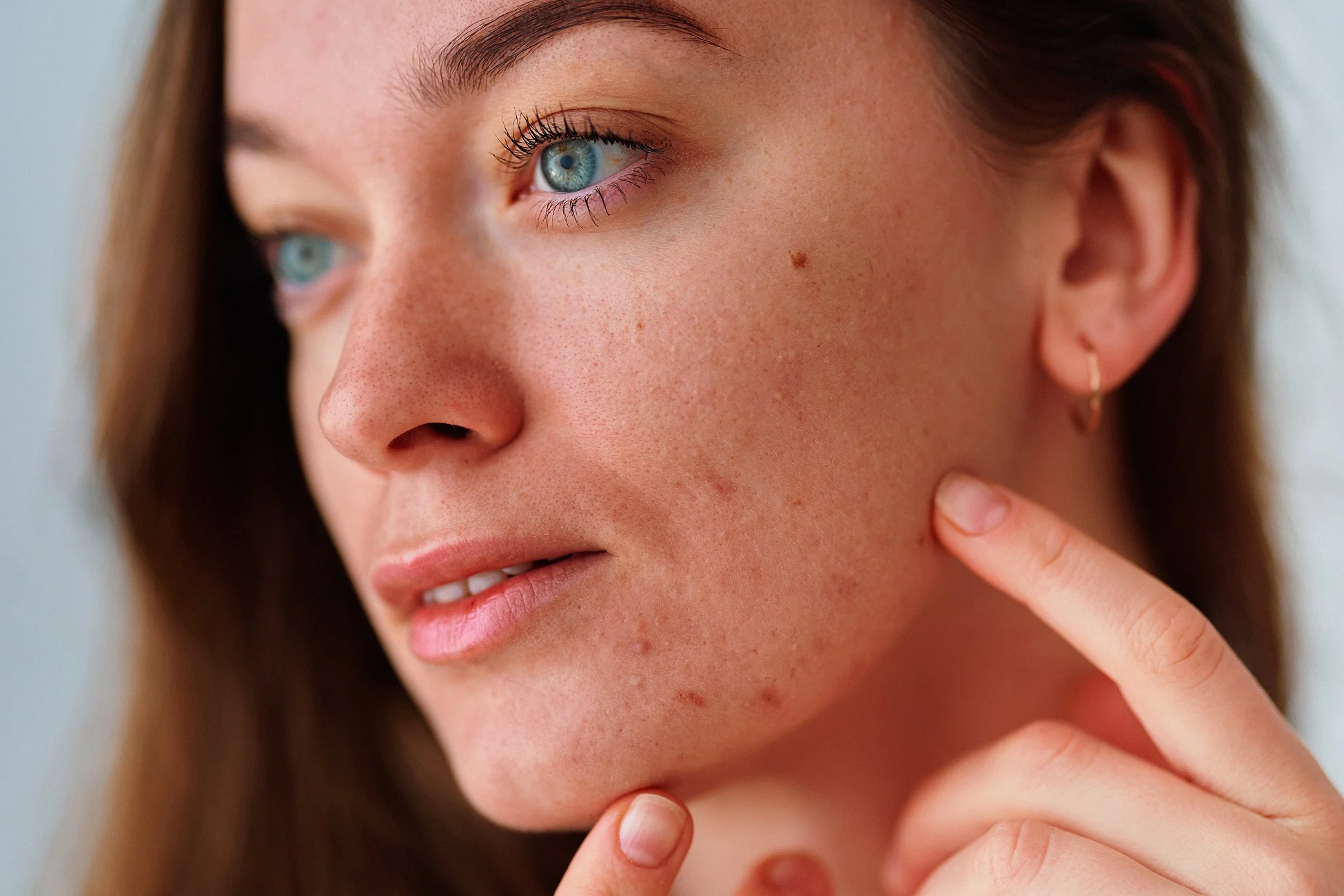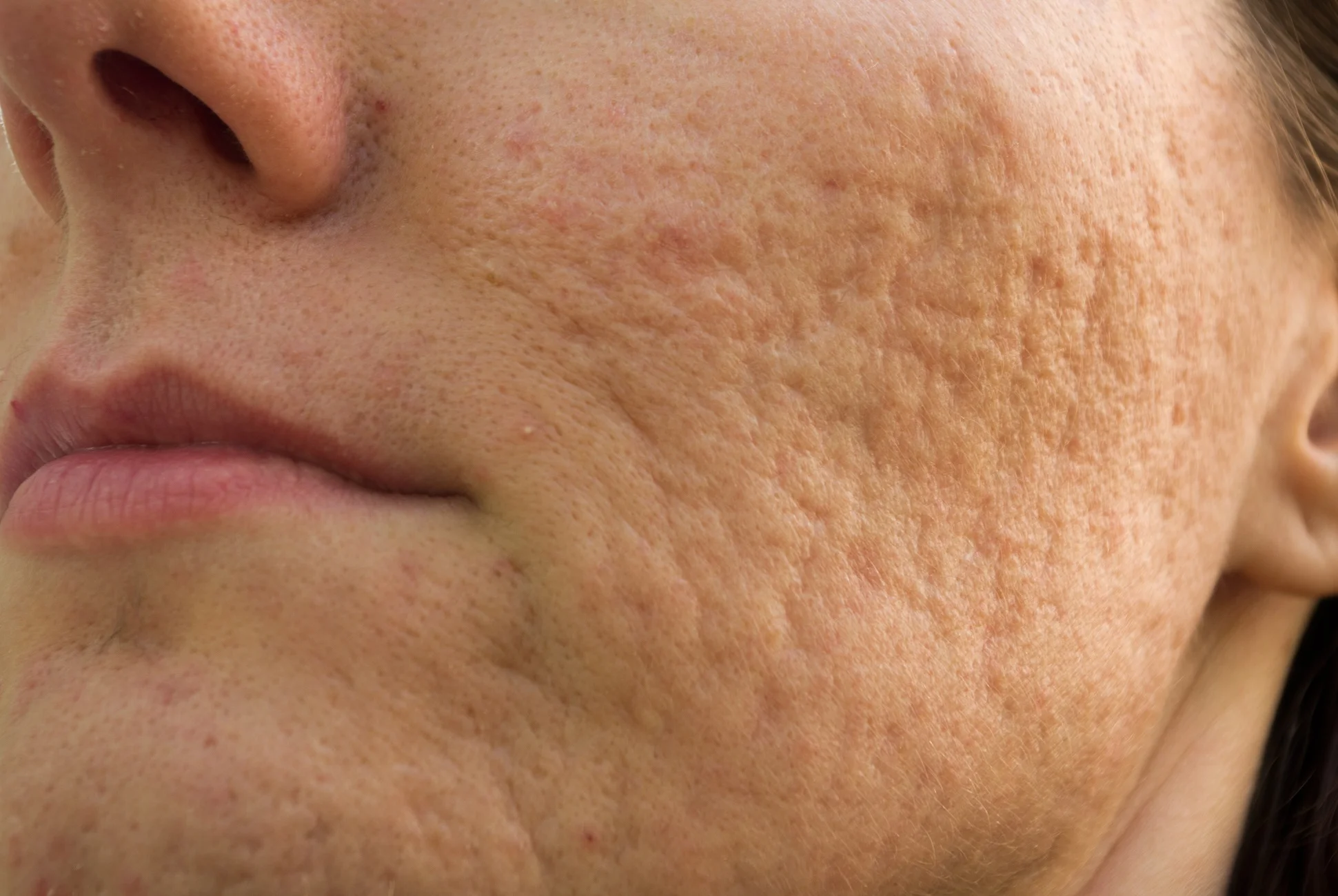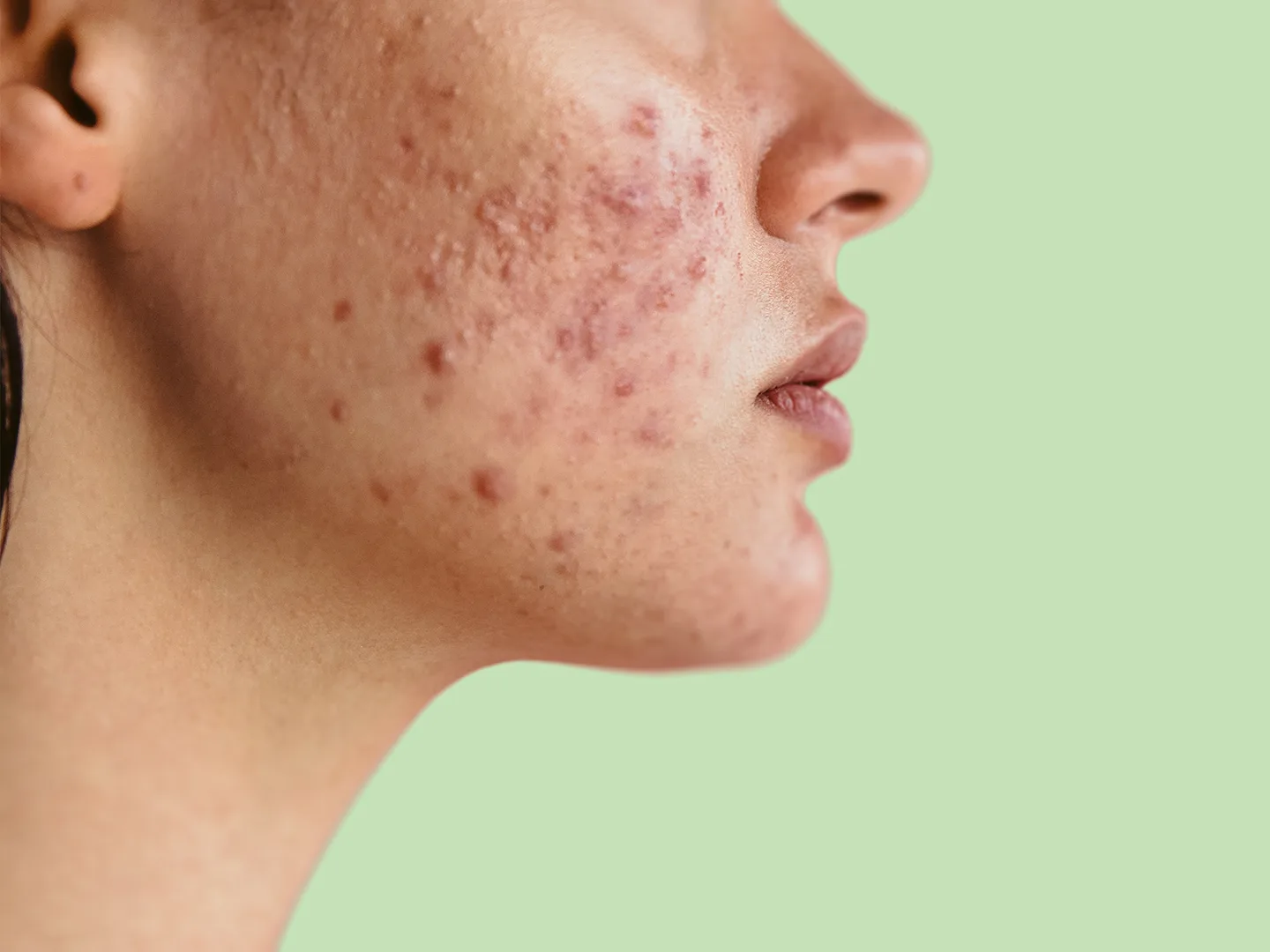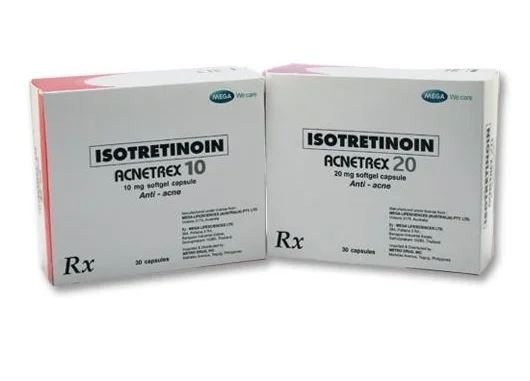Acne

Acne Treatment
Acne is a common skin condition in which oil and dead skin cells clog hair follicles, causing pimples, blackheads, and whiteheads. As a result of this condition, you could experience occasional breakouts or chronic inflamed cysts that can leave you with significant discomfort. In addition to hormonal changes, genetics, and environmental factors, acne can be caused by a number of factors. Treatment options for acne are diverse and tailored to the individual’s needs. These include topical medications that reduce oil production and kill bacteria, oral medications that address hormonal imbalances or severe inflammation, and procedures such as chemical peels and laser therapy that help to clear pores and reduce scarring. By addressing acne from multiple angles, these treatments aim to improve skin clarity and health.
Acne can affect people of any age, though it is most common during adolescence and early adulthood. Individuals with oily skin, hormonal fluctuations, or a family history of acne are particularly susceptible. You can expect a comprehensive approach to acne treatment, which may include topical treatments, oral medications, and in-office treatment. Treatment duration will typically depend on the severity of the condition, with some individuals experiencing improvement within a few weeks, while others may need several months to achieve optimal results. If you’re dealing with Acne in Northbrook, IL, and want to explore effective treatment options, consider booking an appointment at Derm Collective North Shore to start your journey toward clearer skin.
Acne Scars
Acne scars come in many different types (i.e., boxcar, rolling, post-inflammatory erythema (red marks), post-inflammatory hyperpigmentation (brown marks), ice pick), each requiring a unique approach. Our board-certified dermatologists offer a variety of advanced treatment options, including microneedling, laser therapy, skincare, and chemical peels tailored to the specific type of scarring you have. With the latest techniques and personalized care, we aim to improve your skin’s texture and tone, though outcomes can vary based on scar type and treatment. We’ll guide you through the best options to help your skin become smoother, cleaner, and more radiant.


Hormonal Acne
Hormonal acne can be a frustrating condition that shows up in different phases of life, affecting both teens and adults. At Derm Collective North Shore, our board-certified dermatologists specialize in diagnosing and treating hormonal acne with a personalized approach. Various treatments are available, including oral medications and topical solutions, all targeted at balancing your skin and reducing breakouts. With our expertise, we can help you manage hormonal acne and achieve clearer, healthier skin. Feel confident about your complexion when you entrust it to our team of experienced experts.
Characteristics of Hormonal Acne
- Location: It often appears on the lower face, particularly the jawline, chin, and around the mouth, though it can also affect the neck, chest, and back.
- Type of Lesions: Hormonal acne typically presents as deep, cystic lesions that are often painful and can be difficult to treat. It can also include whiteheads, blackheads, and papules.
- Timing: Acne flare-ups tend to coincide with menstrual cycles, often worsening just before a period due to a drop in estrogen levels and a rise in androgens like testosterone.
- Causes: Hormonal imbalances, such as excess androgen production, can occur due to increased sebum (oil) production, which clogs pores and increases the growth of acne-causing bacteria.
Treatment Options
- Topical Treatments: Benzoyl peroxide, salicylic acid, retinoids, and antibiotics can help reduce inflammation and bacteria.
- Oral Medications: Hormonal treatments like birth control pills or anti-androgen medications (e.g., spironolactone) can regulate hormone levels and reduce acne.
- Lifestyle Changes: Diet, stress management, and skincare routines may also play a role in managing hormonal acne.
- If the condition persists or is severe, a dermatologist should be consulted for personalized treatment options.
Isotretinoin
Isotretinoin, commonly known by the brand name Accutane, is an effective oral medication primarily used to treat severe and resistant acne, particularly nodular or cystic acne that does not heal using other treatments. It is a derivative of vitamin A (retinoid) and works by addressing several factors that contribute to acne. We have been using Isotretinoin with great success for years, offering a highly effective solution for patients who haven’t responded to other treatments. This medication works by reducing oil production and preventing clogged pores. Personalized treatment plans ensure optimal results while managing side effects while ensuring optimal results. With our board-certified dermatologists, you can be assured your skin will be clear and healthy at every stage of the process.

How Isotretinoin Works
- Reduces Sebum Production: Isotretinoin significantly decreases the amount of oil produced by sebaceous glands, thereby preventing clogged pores.
- Shrinks Sebaceous Glands: The medication reduces the size of the sebaceous glands, leading to less oil production and fewer acne breakouts.
- Prevents Clogged Pores: It reduces the likelihood of clogged pores due to the normal shedding of dead skin cells.
- Decreases Inflammation: The anti-inflammatory properties of Isotretinoin reduce the swelling and redness associated with severe acne.
- Inhibits Bacterial Growth: By reducing oil production and inflammation, Isotretinoin creates an environment less conducive to the growth of acne-causing bacteria (Propionibacterium acnes).
Treatment and Dosage
Isotretinoin is typically prescribed for a course of 4-6 months, with dosage adjusted based on the patient’s weight and severity of acne.
Most patients experience significant long-term clearance of acne after completing a course of Isotretinoin, though some may require a second course.
Side Effects and Risks:
- Dryness: Common side effects include dry skin, lips, and eyes due to the reduction in oil production.
- Photosensitivity: Increased sensitivity to the sun, requiring the use of sunscreen.
- Serious Risks: In pregnant women, Isotretinoin can cause severe birth defects, so they should use effective contraception during treatment and check for pregnancy regularly.
- Mood Changes: Mental health issues have been reported with Isotretinoin, including depression. However, the link between Isotretinoin and mental well-being is still controversial.
- Liver and Lipid Levels: Regular monitoring of liver function and blood lipid levels is necessary, as Isotretinoin can cause elevations in these markers.
- The use of Isotretinoin is typically reserved for severe cases of acne under the close supervision of a dermatologist thanks to its potent effects and potential side effects.
Benefits of Treating Acne
- Reduces the frequency and severity of breakouts
- Minimizes the risk of scarring
- Improves skin texture and tone
- Reduces redness and inflammation
- Boosts self-confidence and emotional well-being
- Prevents new acne lesions from forming
- Addresses underlying causes of acne
- Enhances the effectiveness of skincare products
- Promotes long-term skin health
- Provides personalized treatment options tailored to your skin’s needs
Faqs About Acne
Can diet affect acne?
Yes, certain individuals may be affected by acne due to their diet. Foods high in sugar, dairy, and refined carbohydrates may contribute to breakouts in certain people. There is, however, a variation in how diet impacts acne depending on each person’s overall health. It’s important to consult with a dermatologist to determine if dietary changes could help manage your acne.
Is it safe to pop pimples at home?
No, it is not recommended to pop pimples at home. Popping pimples can lead to scarring, increased inflammation, and the spread of bacteria, which may worsen acne. It’s best to seek professional treatment or advice on how to manage and reduce pimples safely.
How does stress influence acne?
It may help to manage stress through relaxation techniques and a balanced lifestyle in order to reduce flare-ups caused by stress. Acne can worsen from stress because of the number of hormones produced by the body, including cortisol, which stimulates oil production.
Can makeup cause or worsen acne?
Yes, certain makeup products, especially those that are oil-based or not labeled as non-comedogenic, can clog pores and contribute to acne. It’s important to choose makeup that is specifically formulated for acne-prone skin and to remove makeup thoroughly before bed.
Are there any natural remedies that can help with acne?
There are some natural remedies that may be able to treat acne mildly, such as tea tree oil or aloe vera, but they tend to be less effective than clinically proven treatments. It’s advisable to discuss any natural remedies with your dermatologist to ensure they are safe and appropriate for your skin.
Can acne be completely cured, or will it keep coming back?
Acne can be managed and controlled with the right treatment plan, but it may not be completely cured, especially if it’s influenced by ongoing factors like hormones or genetics. Regular maintenance and consistent skincare routines are often necessary to keep acne under control and prevent future breakouts.

